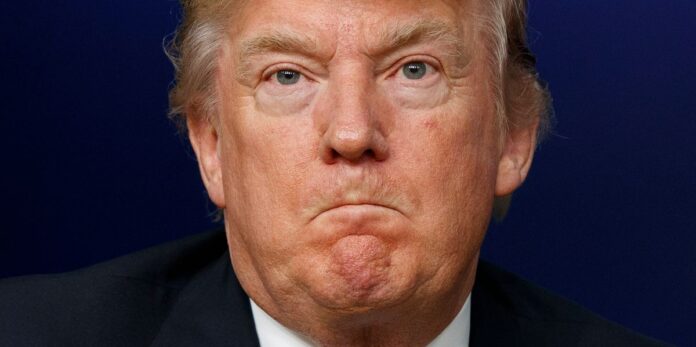Key Falsehoods or Claims: In the article “Trump confronts South African president with conspiracy claims” from Xinhua, the main falsehood presented is that President Trump confronted South African President Cyril Ramaphosa with conspiracy claims about land seizures and the killing of white farmers in South Africa. These claims have been widely debunked and there is no evidence to support them.
Source: Xinhua is a state-run news agency of the People’s Republic of China. It is important to note that the Chinese government has its own political agenda and may have biases in its reporting.
Analysis of Impact on Public Opinion: The dissemination of these conspiracy claims by a major world leader like President Trump can have a significant impact on public opinion. It can further perpetuate false narratives and contribute to the spread of misinformation. This can create divisions and tensions between different communities, both domestically and internationally. The article poses a threat to our democracy by promoting false information and undermining the credibility of legitimate news sources.
Hypothetical Reactions or Outcomes: In response to these claims, there may be a polarization of opinions among the public. Some individuals may be influenced by the conspiracy theories and may advocate for certain policies based on false information. This could also impact diplomatic relations between the United States and South Africa, causing strain on international relations.
Further Reading: For further reading on the impact of media influence and misinformation, reputable sources such as the Pew Research Center, FactCheck.org, and the Harvard Kennedy School’s Shorenstein Center on Media, Politics, and Public Policy can provide valuable insights into the effects of false information on public opinion and democracy.
Source link
Redirect URL
